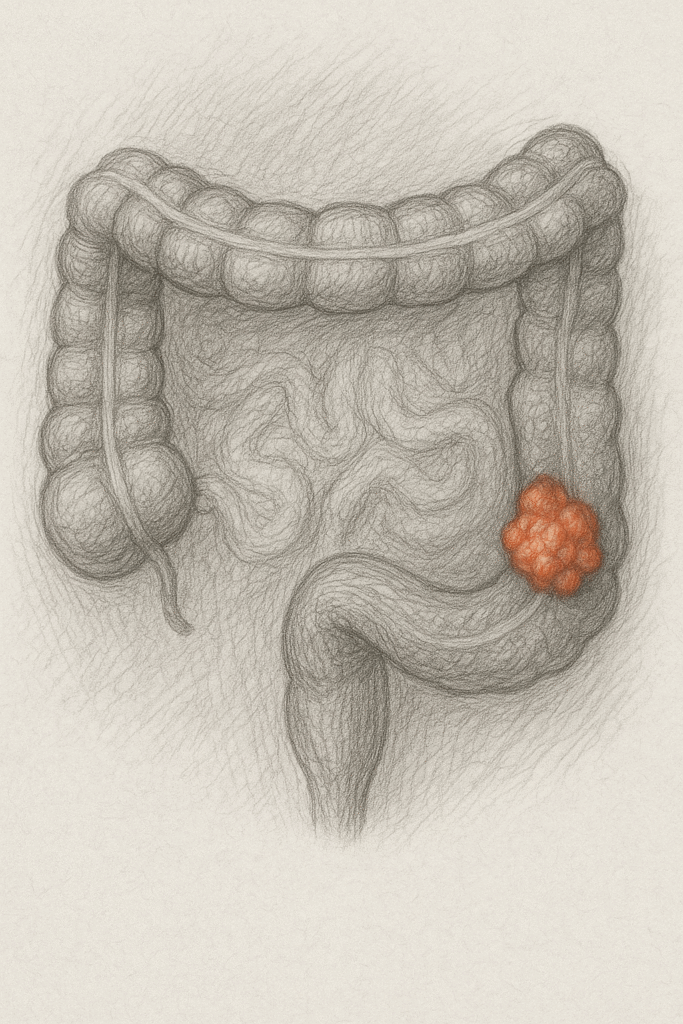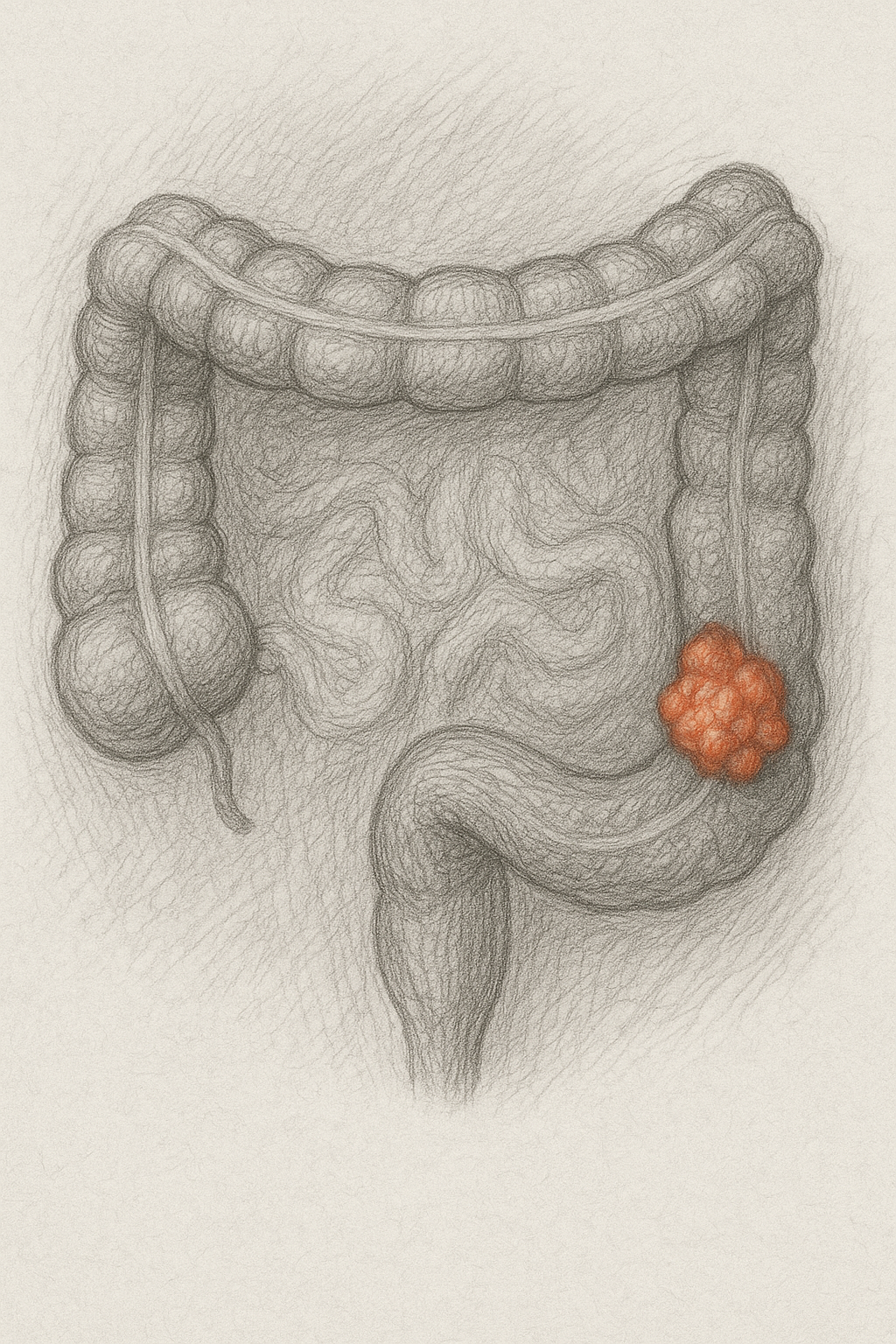

Source: The American Journal of Gastroenterology
URL: https://journals.lww.com/ajg/abstract/9900/the_utility_of_multitarget_stool_dna_testing_in.1689.aspx

Multitarget stool DNA (MT-sDNA) testing in this real-world primary care study showed poor diagnostic performance with only 0.2-0.3% CRC detection rate and 73% false-positive rate for advanced adenomas or CRC. These findings suggest MT-sDNA may be less effective than expected for average-risk colorectal cancer screening in community practice.
Study Design & Population:
- Retrospective cohort study of electronic health records (2019-2023)
- 35 community-based primary care facilities in South Carolina
- 5,827 patients aged ≥45 years ordered MT-sDNA testing
- 3,119 patients (53%) completed Cologuard testing
- 482 patients (15%) had positive results; mean age 68 years, 60% women, 80% White
Key Findings:
- CRC detection rate: 0.2% of ordered patients, 0.3% of completed tests
- Among 253 patients with positive MT-sDNA who underwent colonoscopy:
- 10 patients (4%) had CRC
- 61 patients (24%) had advanced adenomas
- 184 patients (73%) had no advanced adenoma or CRC
- Positive predictive value: 27% for CRC or advanced adenoma, 75% for any adenoma
- 80% of detected CRCs located in sigmoid colon
- Average time to colonoscopy: 229 days after MT-sDNA order
Clinical Implications:
- MT-sDNA screening may be less effective than anticipated in community settings
- High false-positive rate leads to unnecessary colonoscopies and patient anxiety
- Many MT-sDNA tests were inappropriately ordered for high-risk patients
- Results question the overall utility of MT-sDNA in community-based practice
Limitations:
- Possible selection bias with clinicians ordering tests for inappropriate candidates
- Retrospective design limits causal inference
- 53% completion rate may affect generalizability
- COVID-19 pandemic may have influenced colonoscopy avoidance patterns




